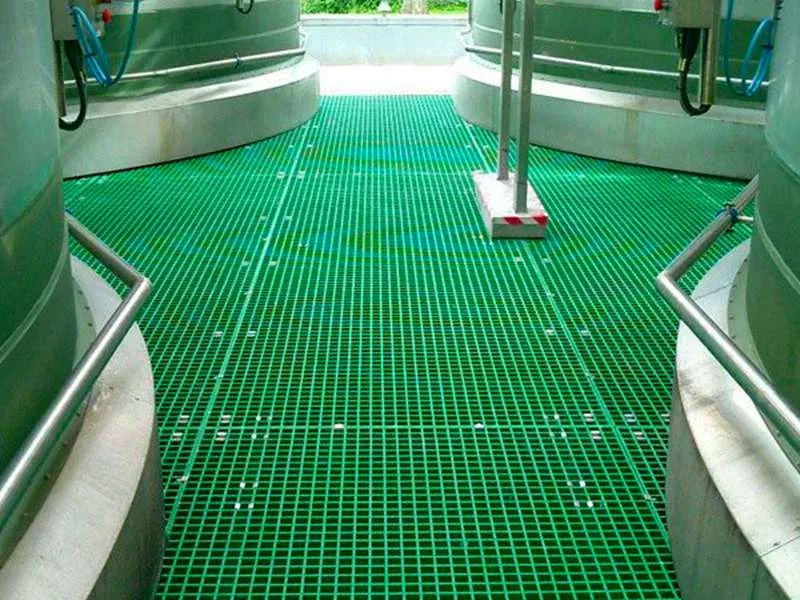
-
 Afrikaans
Afrikaans -
 Albanian
Albanian -
 Amharic
Amharic -
 Arabic
Arabic -
 Armenian
Armenian -
 Azerbaijani
Azerbaijani -
 Basque
Basque -
 Belarusian
Belarusian -
 Bengali
Bengali -
 Bosnian
Bosnian -
 Bulgarian
Bulgarian -
 Catalan
Catalan -
 Cebuano
Cebuano -
 China
China -
 China (Taiwan)
China (Taiwan) -
 Corsican
Corsican -
 Croatian
Croatian -
 Czech
Czech -
 Danish
Danish -
 Dutch
Dutch -
 English
English -
 Esperanto
Esperanto -
 Estonian
Estonian -
 Finnish
Finnish -
 French
French -
 Frisian
Frisian -
 Galician
Galician -
 Georgian
Georgian -
 German
German -
 Greek
Greek -
 Gujarati
Gujarati -
 Haitian Creole
Haitian Creole -
 hausa
hausa -
 hawaiian
hawaiian -
 Hebrew
Hebrew -
 Hindi
Hindi -
 Miao
Miao -
 Hungarian
Hungarian -
 Icelandic
Icelandic -
 igbo
igbo -
 Indonesian
Indonesian -
 irish
irish -
 Italian
Italian -
 Japanese
Japanese -
 Javanese
Javanese -
 Kannada
Kannada -
 kazakh
kazakh -
 Khmer
Khmer -
 Rwandese
Rwandese -
 Korean
Korean -
 Kurdish
Kurdish -
 Kyrgyz
Kyrgyz -
 Lao
Lao -
 Latin
Latin -
 Latvian
Latvian -
 Lithuanian
Lithuanian -
 Luxembourgish
Luxembourgish -
 Macedonian
Macedonian -
 Malgashi
Malgashi -
 Malay
Malay -
 Malayalam
Malayalam -
 Maltese
Maltese -
 Maori
Maori -
 Marathi
Marathi -
 Mongolian
Mongolian -
 Myanmar
Myanmar -
 Nepali
Nepali -
 Norwegian
Norwegian -
 Norwegian
Norwegian -
 Occitan
Occitan -
 Pashto
Pashto -
 Persian
Persian -
 Polish
Polish -
 Portuguese
Portuguese -
 Punjabi
Punjabi -
 Romanian
Romanian -
 Russian
Russian -
 Samoan
Samoan -
 Scottish Gaelic
Scottish Gaelic -
 Serbian
Serbian -
 Sesotho
Sesotho -
 Shona
Shona -
 Sindhi
Sindhi -
 Sinhala
Sinhala -
 Slovak
Slovak -
 Slovenian
Slovenian -
 Somali
Somali -
 Spanish
Spanish -
 Sundanese
Sundanese -
 Swahili
Swahili -
 Swedish
Swedish -
 Tagalog
Tagalog -
 Tajik
Tajik -
 Tamil
Tamil -
 Tatar
Tatar -
 Telugu
Telugu -
 Thai
Thai -
 Turkish
Turkish -
 Turkmen
Turkmen -
 Ukrainian
Ukrainian -
 Urdu
Urdu -
 Uighur
Uighur -
 Uzbek
Uzbek -
 Vietnamese
Vietnamese -
 Welsh
Welsh -
 Bantu
Bantu -
 Yiddish
Yiddish -
 Yoruba
Yoruba -
 Zulu
Zulu
frp pipes and fittings utilized in ship construction
FRP Pipes and Fittings Utilized in Ship Construction
Fiber Reinforced Polymer (FRP) pipes and fittings have emerged as a revolutionary solution in the shipbuilding industry, owing to their remarkable properties that cater to the specific challenges linked with marine environments
. These innovative materials combine the strength of fiberglass with a resin matrix, resulting in products that are not only lightweight but also possess excellent corrosion resistance, making them ideal for various ship construction applications.One of the standout features of FRP pipes is their resistance to corrosion. Ships are inherently exposed to harsh environmental conditions, including saltwater, which can significantly degrade traditional metal piping systems. The use of FRP eliminates this concern, ensuring longevity and reducing maintenance costs. With today’s ships designed for both durability and efficiency, the integration of FRP materials presents a critical advancement, enabling vessels to operate optimally over extended periods without the risk of deterioration from corrosion.
In addition to corrosion resistance, FRP pipes offer high strength-to-weight ratios. This property is particularly advantageous in ship construction, where every ounce counts. By using lighter materials, shipbuilders can enhance the overall performance of the vessel, leading to increased fuel efficiency and improved handling. The reduction in weight allows for greater payload capacities and can contribute to the overall stability of the ship, making it a preferred choice for modern ship designs focused on efficiency.
frp pipes and fittings utilized in ship construction

Moreover, the ease of installation of FRP pipes and fittings is another compelling factor contributing to their popularity. These materials can be molded into specific shapes and sizes to fit unique structural requirements, allowing for flexibility in design. This not only simplifies the construction process but also reduces labor costs, enabling shipyards to streamline their operations and deliver projects in a timely manner.
Thermal insulation is another important characteristic of FRP materials that benefits ship construction. FRP pipes provide effective thermal insulation, which is crucial for numerous onboard applications, including freshwater systems and climate control systems. This feature helps maintain optimal temperatures for both equipment and cargo, enhancing the overall operational efficiency of the ship.
However, while FRP pipes and fittings present numerous advantages, they also require specific consideration in terms of design and application. The compatibility of FRP with other materials is an important factor that shipbuilders must assess during the planning stages to ensure optimal performance. Furthermore, proper installation techniques must be employed to maximize the benefits of these materials, particularly in ensuring that joints and connections maintain their integrity under the demanding sea conditions.
As the shipbuilding industry continues to evolve, the adoption of FRP pipes and fittings serves as a testament to the ongoing innovation aimed at improving vessel performance and longevity. With attributes such as lightweight design, exceptional corrosion resistance, and ease of installation, FRP materials are well-positioned to play an increasingly vital role in the construction of modern ships. Their use not only addresses the inherent challenges of maritime environments but also aligns with the industry's growing emphasis on sustainability and efficiency, paving the way for the future of shipbuilding.









